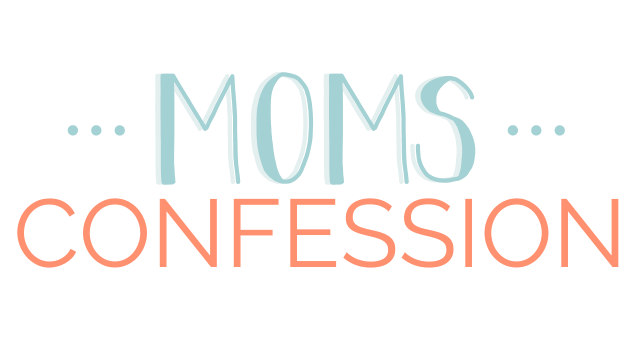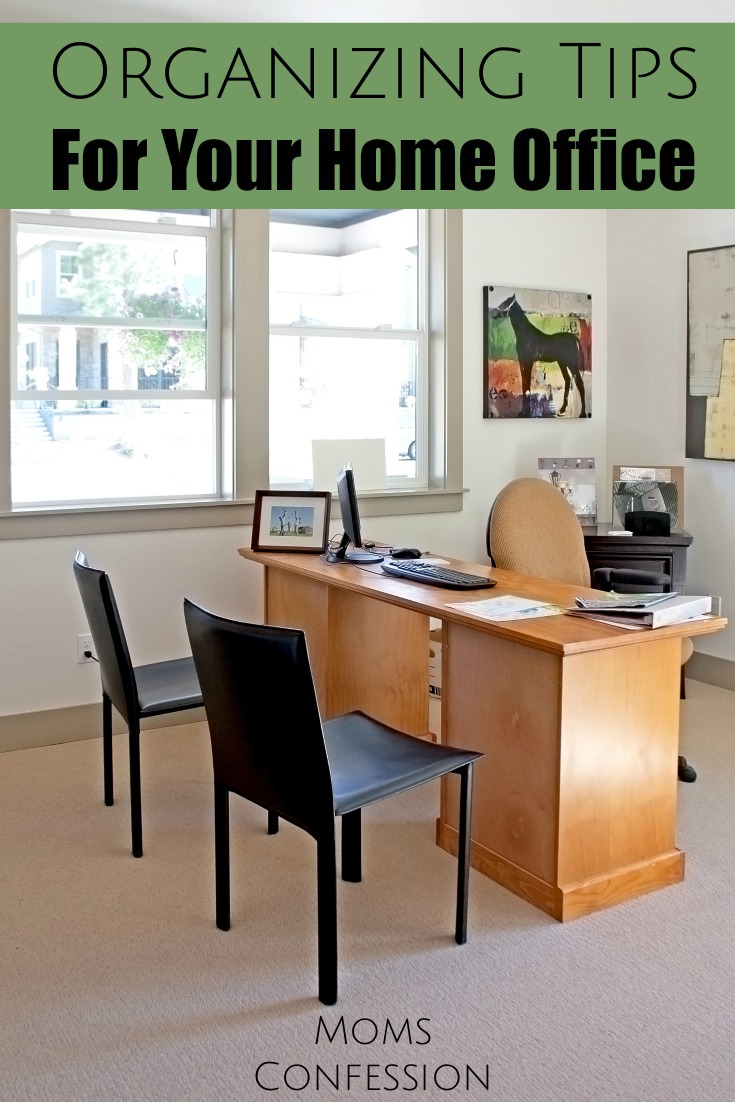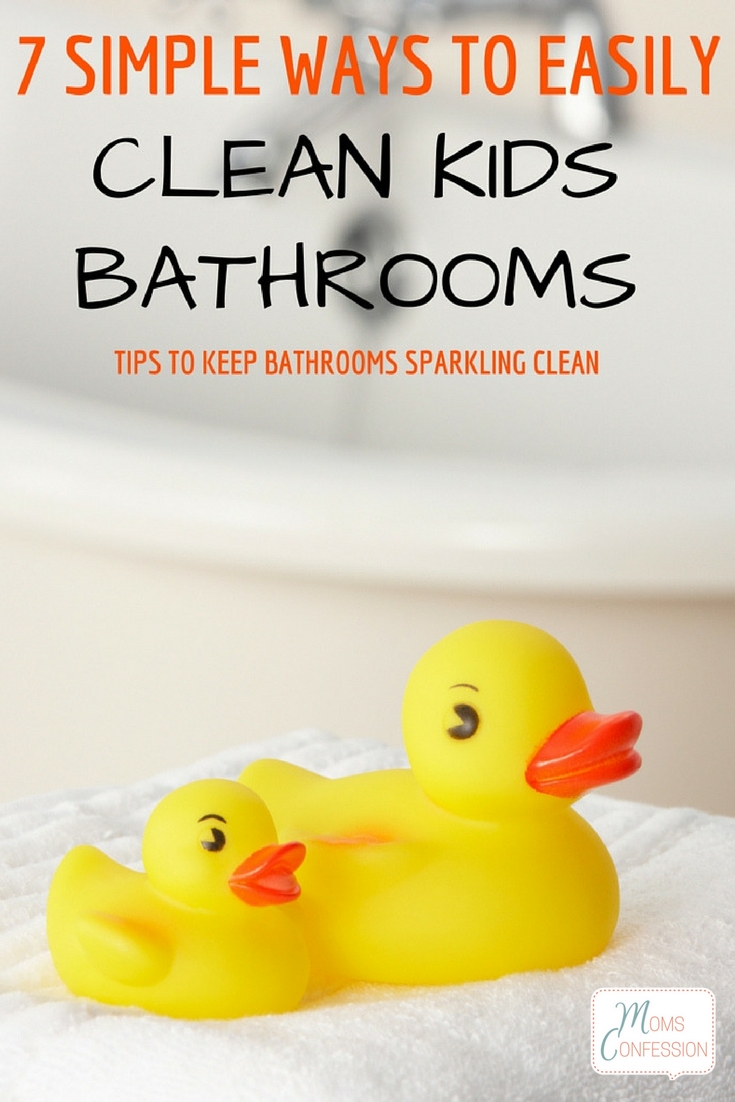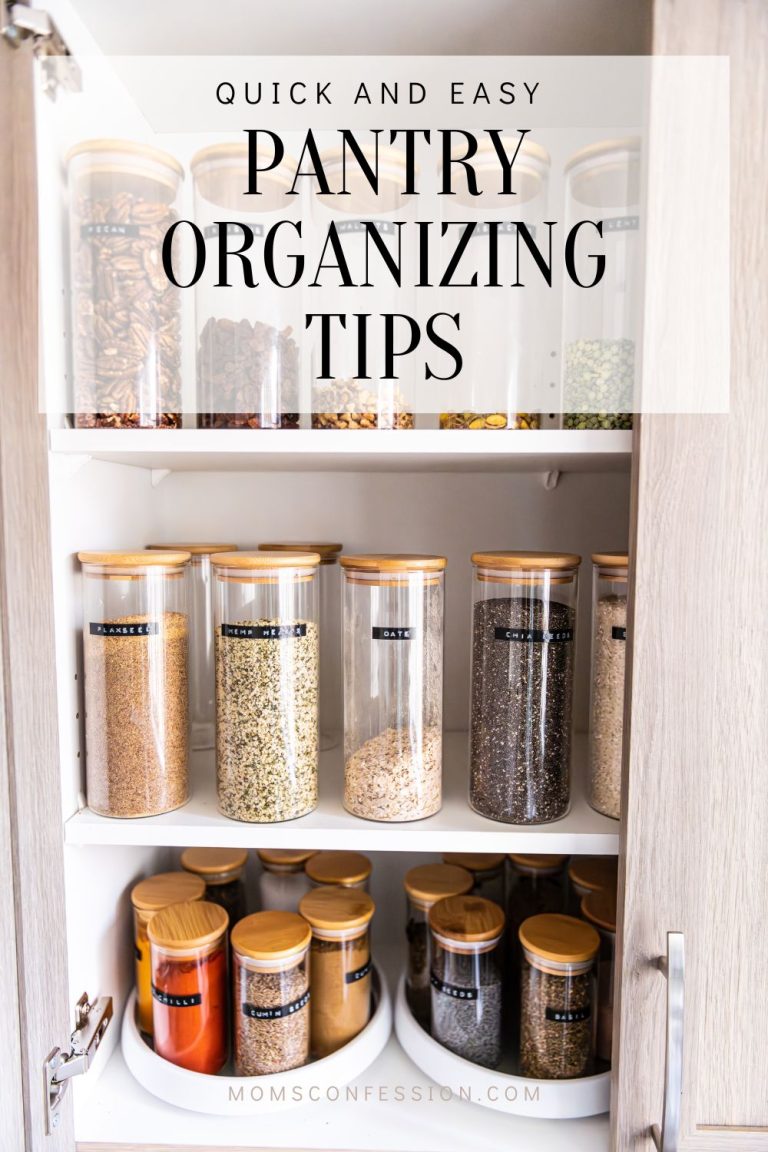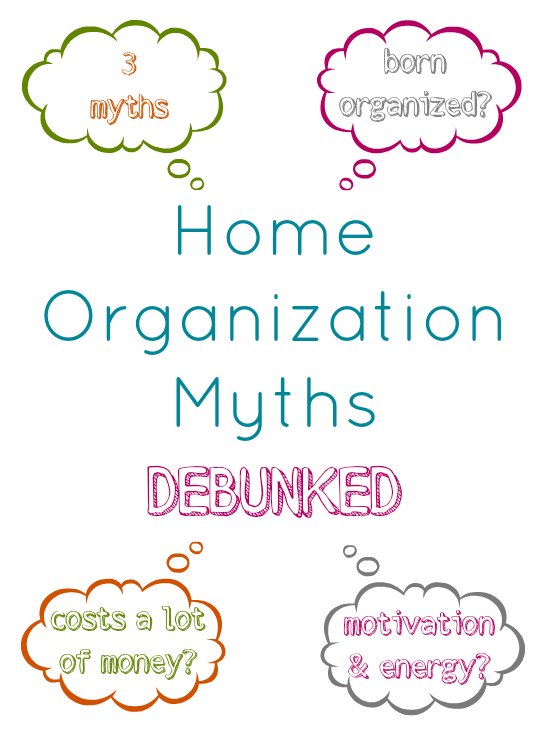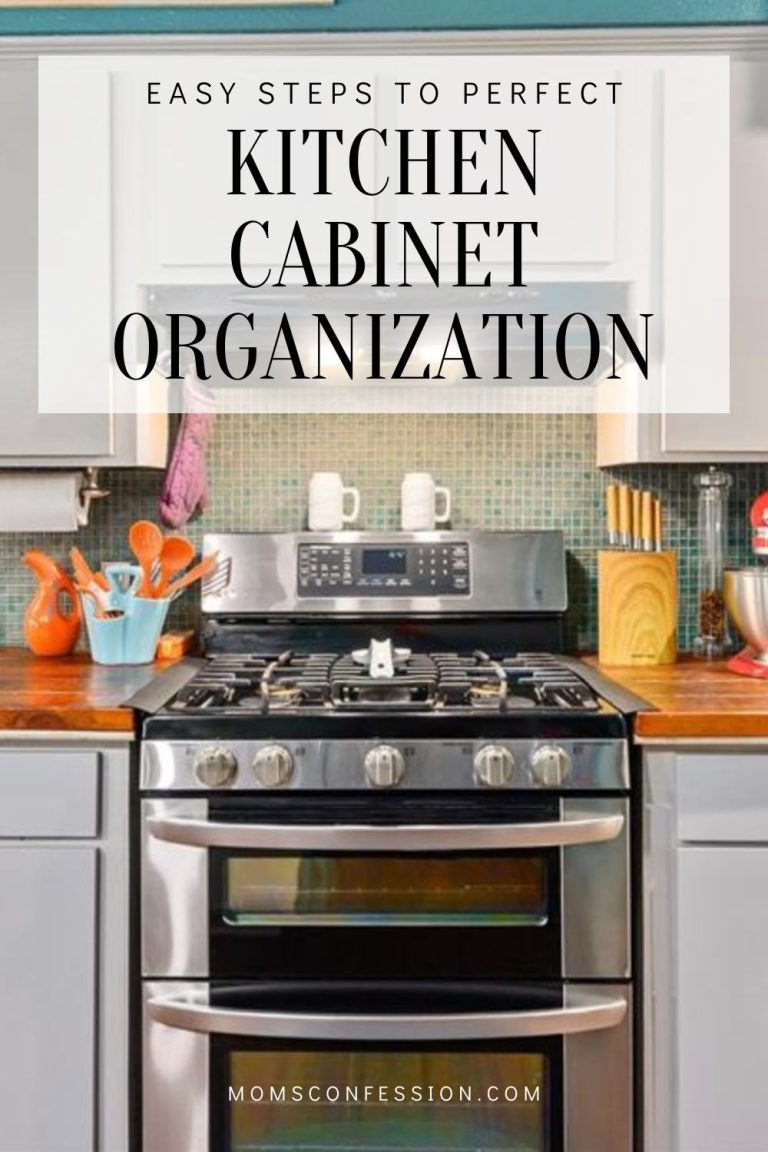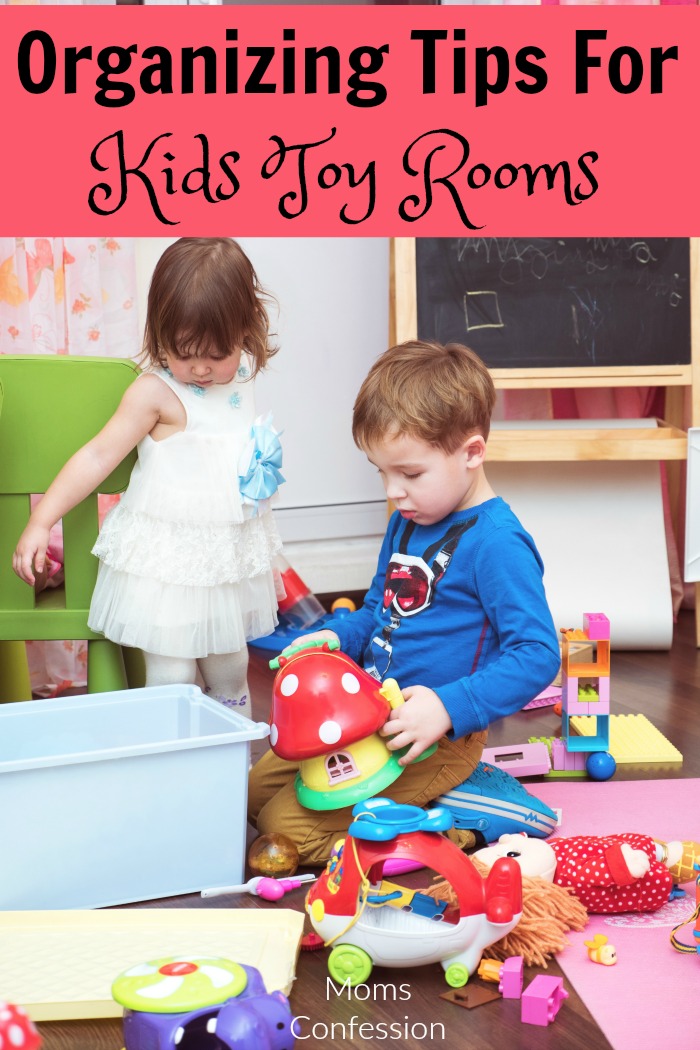Organizing Tips For Your Home Office
If you work at home, these organizing tips for your home office are going to totally change how productive you are. Every home business requires a level of organization. Even if you feel like your home office isn’t much of an office space, there are great ways for you to keep things organized that will help you find more success this year.
Whether you have work in an on-site office or a home office, you are probably aware of how crucial office organization is. You can really make your whole day that much more productive if you have an organized workspace. Knowing where things are, what needs to be done and what has already been done is key to being successful in business or everyday life.
Organizing Tips For Your Home Office
Remove the clutter. Unfortunately having a home office often means that our daily lives mingle into our work from home business. When you are working on how to organize your office space, you have to tackle the clutter. This means you want to focus on removing non-office or business items from the room. If, however, you are a work at home parent that has a home office that is also a homeschool classroom or play area for your kids you may not able to do this. If your home office has an area for your kids to play quietly while you work – you may need to consider keeping these items in your home office, just out of the way.
The real goal is to remove distractions and unnecessary items. So, you may have a cabinet with kids books and puzzles that are appropriate for your office, but the basket of craft items may be a distraction from your work at the computer and need to be hidden from site.
Invest in the right equipment. A home office design that works well for your business is a necessity when you are working on how to organize your home office. That means getting a desk, filing cabinet system and even the right chair for you to be the most productive you can be. There are tons of computer desks out there that are inexpensive and fit into small areas, but they aren’t always productive for your work. Look for the right style of desk with appropriate space, drawers and even filing cabinets built in. If buying new is too pricey, look for desks at thrift shops, resale stores, online classified sites like Craigslist or local swap shops on social media.
Items you may need for your home office:
- Desk and appropriate desk drawer organizers
- Filing Cabinets
- Bookcase or shelving for books and educational materials
- Printer and printer stand
- Quality office chair for good support on your back when sitting for long periods of time
Utilize all space available. One reason many home office design ideas don’t work well is that they don’t truly use the space well. If you don’t have room for a full bookshelf, consider adding brackets and simple boards for some, “floating” shelves around the room in higher areas. Sure, you may need a step stool to reach files or books from last year, but they will still be handy and not in the way. Another often unused part of a home office can be actually organizing closets in the process. Using the home office closet if in a converted bedroom is a great way to give yourself more space, and keep some things out of site yet nearby. This is a great place to store boxes of past years files, as well as to keep extra paper, office supplies or items rarely used but needed in the space.
Another often unused part of a home office can be actually organizing closets in the process. Using the home office closet if in a converted bedroom is a great way to give yourself more space, and keep some things out of site yet nearby. This is a great place to store boxes of past years files, as well as to keep extra paper, office supplies or items rarely used but needed in this space.
Organize papers appropriately. It’s not just about getting rid of clutter or having the right place to put your papers. It’s about organizing them in a way that will work well for you. That means figuring out a filing system you can work with. Some people prefer chronological filing. Others prefer alphabetical. Still yet, some use a combination of both and add in quarterly color coding. One important thing to consider is keeping your personal and business bills and paperwork separate. Depending on the extent of papers produced by your business, you may need two separate filing cabinets, or could simply do well with a drawer for each in one main cabinet.
Use a calendar and notepad. Have a designated calendar and notepad that you keep on your desk. Having a calendar on your desk will allow you to quickly view any upcoming appointments and jot down new ones. Having a notepad on your desk will let you write down any notes in one specific area instead of on just any random piece of paper.
Use your electronics. If at all possible try to keep most of your work and schedule on your computer, cell phone or iPad. Using electronics will keep your work area clean and organized. More and more people are using electronics to streamline their work day. Try to send emails instead of snail mail, pay bills online, file documents on your computer and only print out things that you must have on a hard copy. If you start to use electronics more in your work life, be sure to back up your computer on a regular basis.
If you still prefer paper and pen, check out the Arc Customizable Notebooks.
End every work day organized. Make it a point to leave every work day organized and ready for the next day. If you have papers on your desk that still need to be worked on, filing them in a to-do basket. If you are done with a task, make sure to file that away as well. The goal is to end every day with a clean desk so that you can start every day with a clean desk.
These tips for how to organize your home office are all about making it more efficient for daily use. It’s a simple process to eliminate clutter, get the right tools for the job and implement them into your daily routine.
Don’t miss our other great organizing tips!
- 10 Must Haves To Organize Your Kitchen
- Ways To Organize Your Linens
- Organize Your Closet Like The Pros
